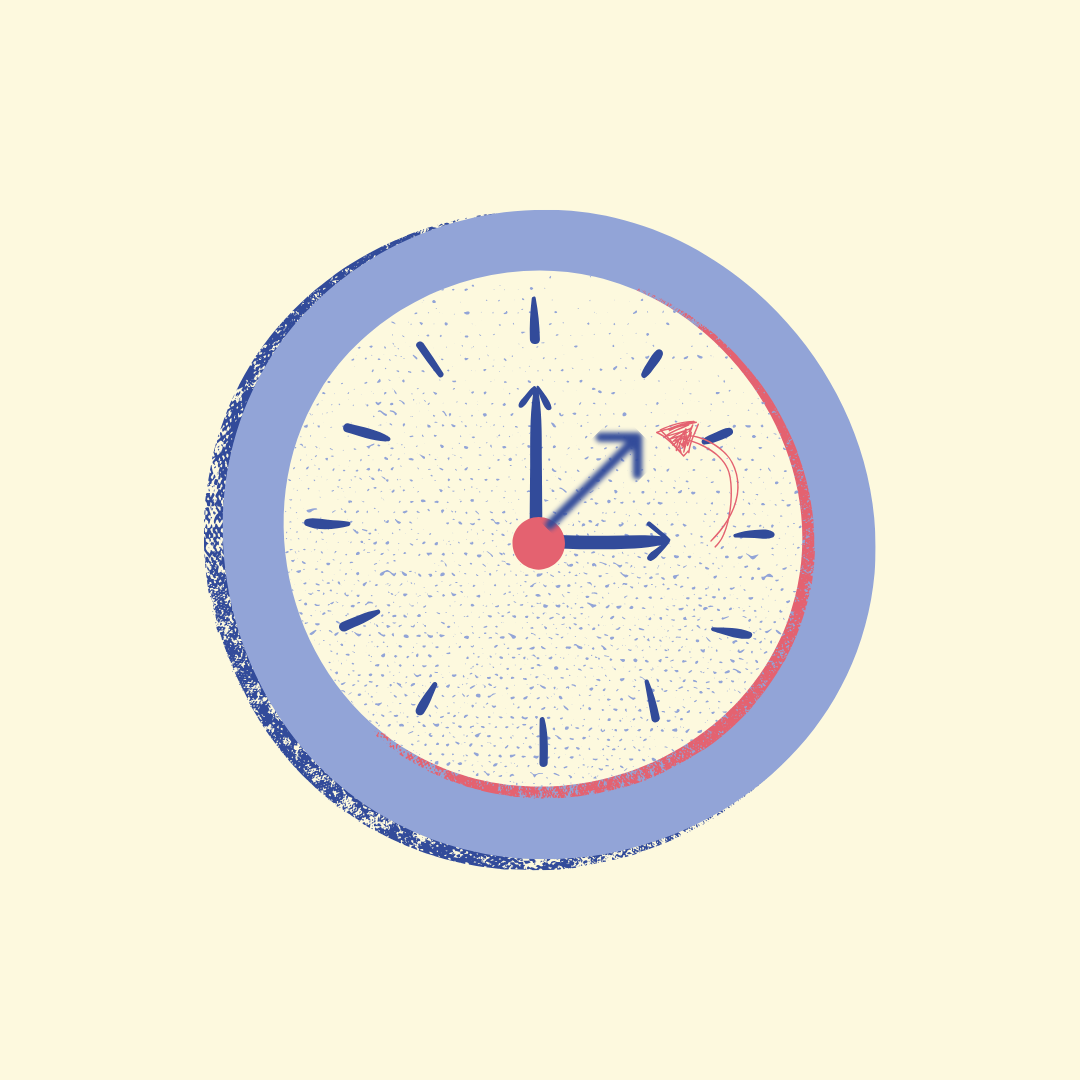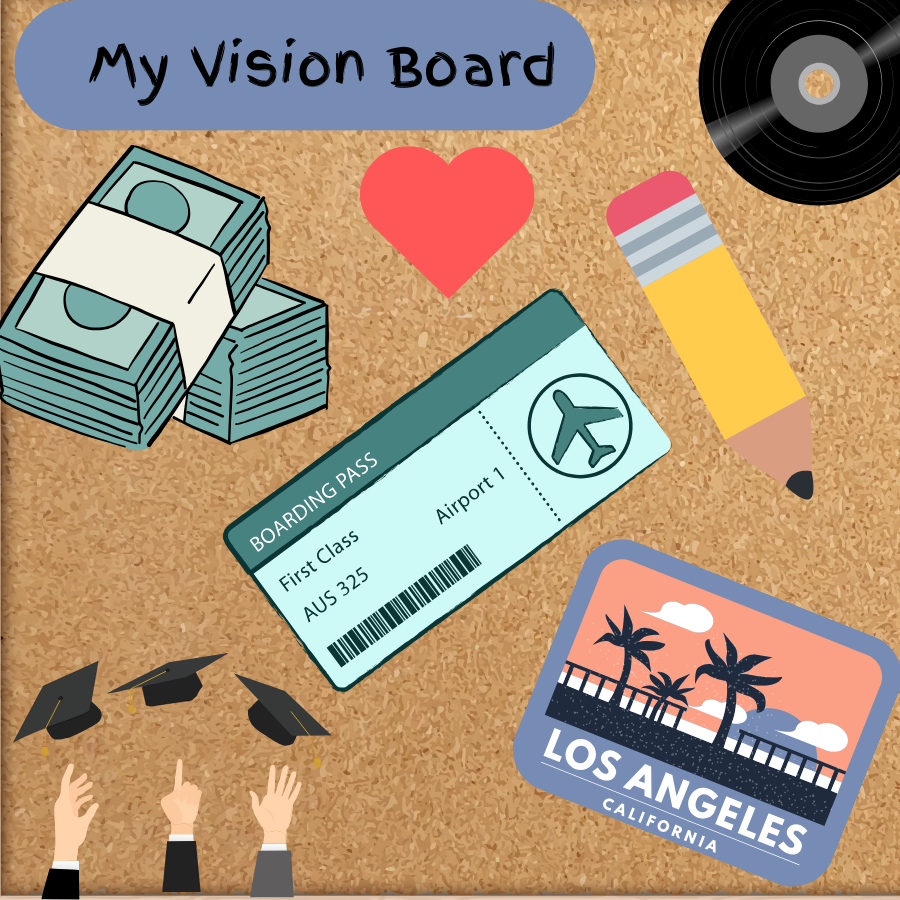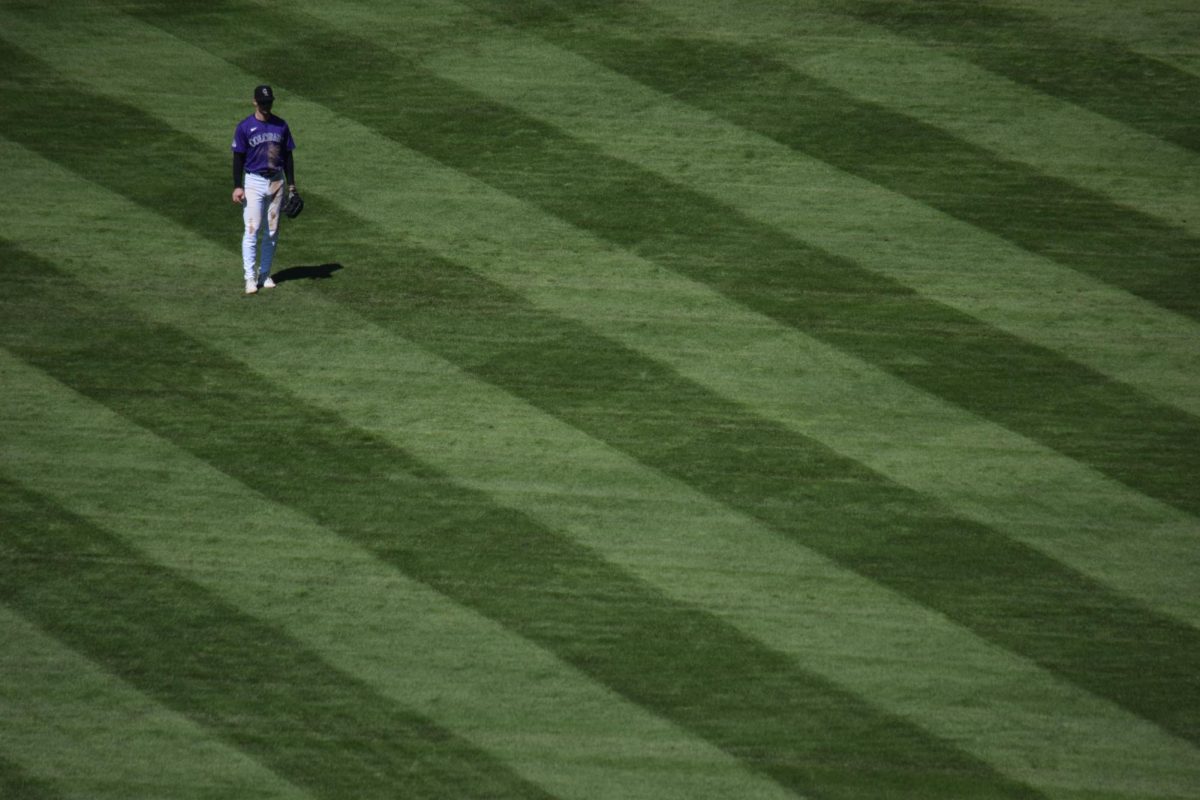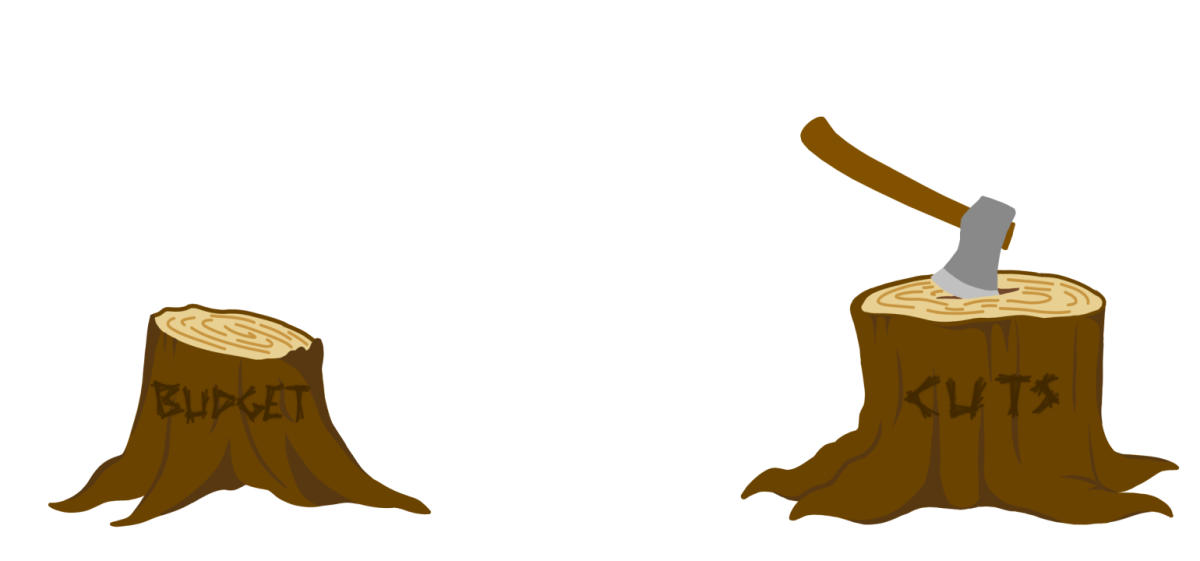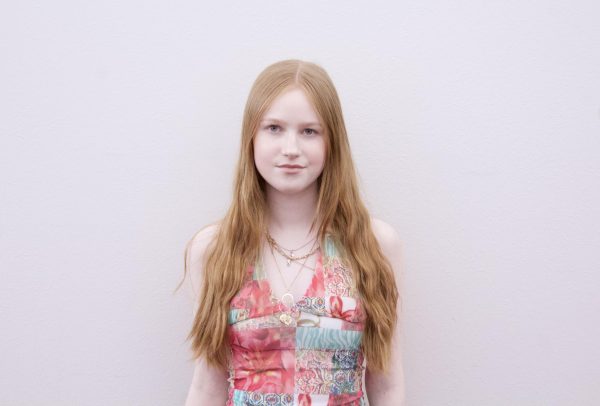For nine months, starting from March 10 to Nov. Third, begins the cycle of daylight savings. This cycle is not only annoying but incredibly useless in today’s time.
People switch their clocks to lose an hour each night to increase time during the day, but daylight savings doesn’t just bring less sleep, it brings harmful effects to Americans after a two week period.
According to CNBC, the idea of daylight savings was introduced during World War One as a way to conserve energy. It was so that people would spend more time outside and less time inside with the lights on at night and, therefore, conserve electricity. During WWI energy conservation was more needed in people’s lives, but in the 21st century, this concept isn’t needed as much.
CNBC explains that technology has evolved to create more sustainable and eco-friendly ways to save energy, and daylight savings doesn’t contribute to the conversion of energy. Americans started observing daylight savings in 1917 and in 1975, daylight savings was found to reduce the energy wasted by a whopping 1 percent. By 1976, we figured out daylight savings wasn’t reducing energy waste at all.
The law “To Save Daylight” was passed by Congress in 1918. After the war ended, the states could decide if they wanted to stick with the time change or not.
28 states were considering the legislation, and 18 states enacted it. Colorado is one of the states that still follow daylight savings and change the clocks annually. Packing up your bags and moving somewhere to still keep that extra hour of sleep doesn’t sound too bad!
Along with losing an hour of sleep, it also creates harmful and physical effects shortly after daylight savings start. Dallas sleep explains that an increase of cardiovascular disease is seen, there’s a 24 percent higher risk of heart attacks, and a spike in fatal car accidents and strokes all follow a shift into daylight savings time.
Daylight savings is a waste of time, effort, and money. Dallas sleep has found that companies see a decrease in work activity because of sleep deprivation and an estimated 1.7 billion dollars is lost each year in which we gain nothing.
Negative health effects, risks of safety, and the complete waste of money are all contributing negative factors with the time change.
Losing an hour of sleep is not only annoying, but also ruins your day-to-day life. Disrupting your sleeping schedule can lead to heart attacks, accidents on the road and a lack of attention to important projects. We are expected to be as productive as we are when daylight savings is happening, which isn’t possible. Losing sleep makes you less productive.
Sleep is deeply valued and losing that one extra hour can wreck your mental well being and your general health. I’m extremely cranky when I don’t get a full 8 hours of sleep, and when daylight savings start I scream at everyone. I love my sleep.
According to Harvard Health, car accidents go up by 6 percent when the clocks change due to sleep deprivation and a lack of focus. This cycle disrupts our daily clock and our circadian rhythms, this rhythm can take days or even weeks to reset after daylight savings is in effect. Why waste our time risking our lives for an outdated and useless practice?
Daylight savings is plain outdated and practically useless. Children suffer the most during the time change, because kids require more sleep. And when a kid’s body is at rest, that’s when their brain develops. Though it may seem insignificant, losing an hour of sleep can hinder kids’ brain development and lead to some very unhappy kids and development issues. Which especially doesn’t help in high school.
This useless cycle hinders people’s day-to-day lives, and should have been left in 1976. The states that do use daylight savings tend to end it at different times, and some states are even starting to not implement the process of daylight savings at all.
Negative complaints on daylight savings run deeper than just losing an hour of sleep. It changes the trajectory of people’s lives. Without enough sleep, devastating events happen, and people like me get more cranky.

